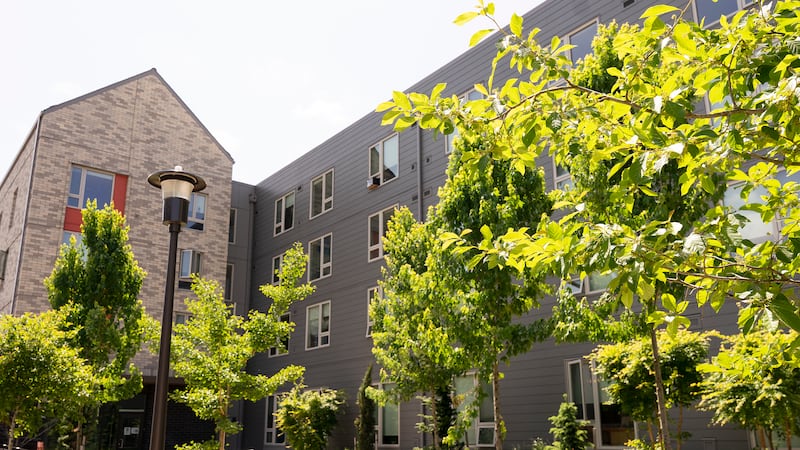Northwest Housing Alternatives, one of the largest developers of affordable housing in Oregon, is running a deficit because of rising costs and has asked employees to weigh in on whether they prefer cuts to wages and benefits or layoffs to balance the books, according to a questionnaire obtained by WW.
“The purpose of this survey is to gather input from NHA staff to inform difficult decisions related to NHA’s operating budget,” the survey says. “Responses are anonymous.”
The dilemma results in large part from NHA’s decision to grant generous wage increases in 2021 and 2022, the survey questions show. Salaries and benefits account for 62% of annual operating expenses, a preface to the survey says, for a total of $6.7 million this year.
Before 2021, NHA set wages by using the nonprofit sector as its benchmark. Benefits, meantime, were benchmarked to the public sector “as a balanced approach to recruit and retain employees,” the survey says. In 2021, “new pay bands were approved with comparable wage analysis adjusted to the private sector, a shift from the lower-paying non-profit sector.”
As a result, the lowest paid NHA employees got a 62% raise. The highest paid ones got 11%.
In a statement to WW, NHA executive director Trell Anderson said higher costs for security, insurance and maintenance, and a loss of revenue during the pandemic, have forced NHA to forecast “downward revenue trends.”
Other nonprofit housing providers are suffering the same fate, Anderson said. In June 2023, The New York Times reported on the trend. “Builders have been stymied since the pandemic by higher costs for materials and labor, stricter lending practices, rising interest rates and supply chain hiccups,” the Times said. “The uncertainty threatens to further slow the process of building affordable homes.”
NHA developed the Buri Building, the complex on Northeast Glisan Street, where residents complained to WW last year about people from the street shooting up in the stairways, sleeping on couches in common areas, smoking fentanyl in the elevators, and vandalizing plumbing. The Buri is managed by Cascade Management, one of the largest managers of low-income housing in Oregon.
The survey making the rounds at NHA presented employees with a stark choice. “What’s more important to you? Preserving current FTE/staffing levels.” Or: “Preserving current wages and benefits.”
“Northwest Housing Alternatives is proud of the work we have accomplished over the past five years during a pandemic and an affordable housing crisis,” Anderson said in his statement. “As a mission-based organization, we prioritized housing stability for residents throughout the pandemic while adding some 800 new affordable housing units across Oregon. We have also prioritized paying staff living wages so they, too, can afford to live in our region.”
